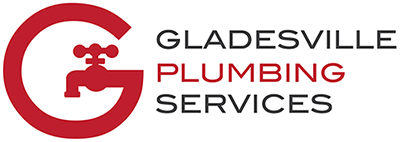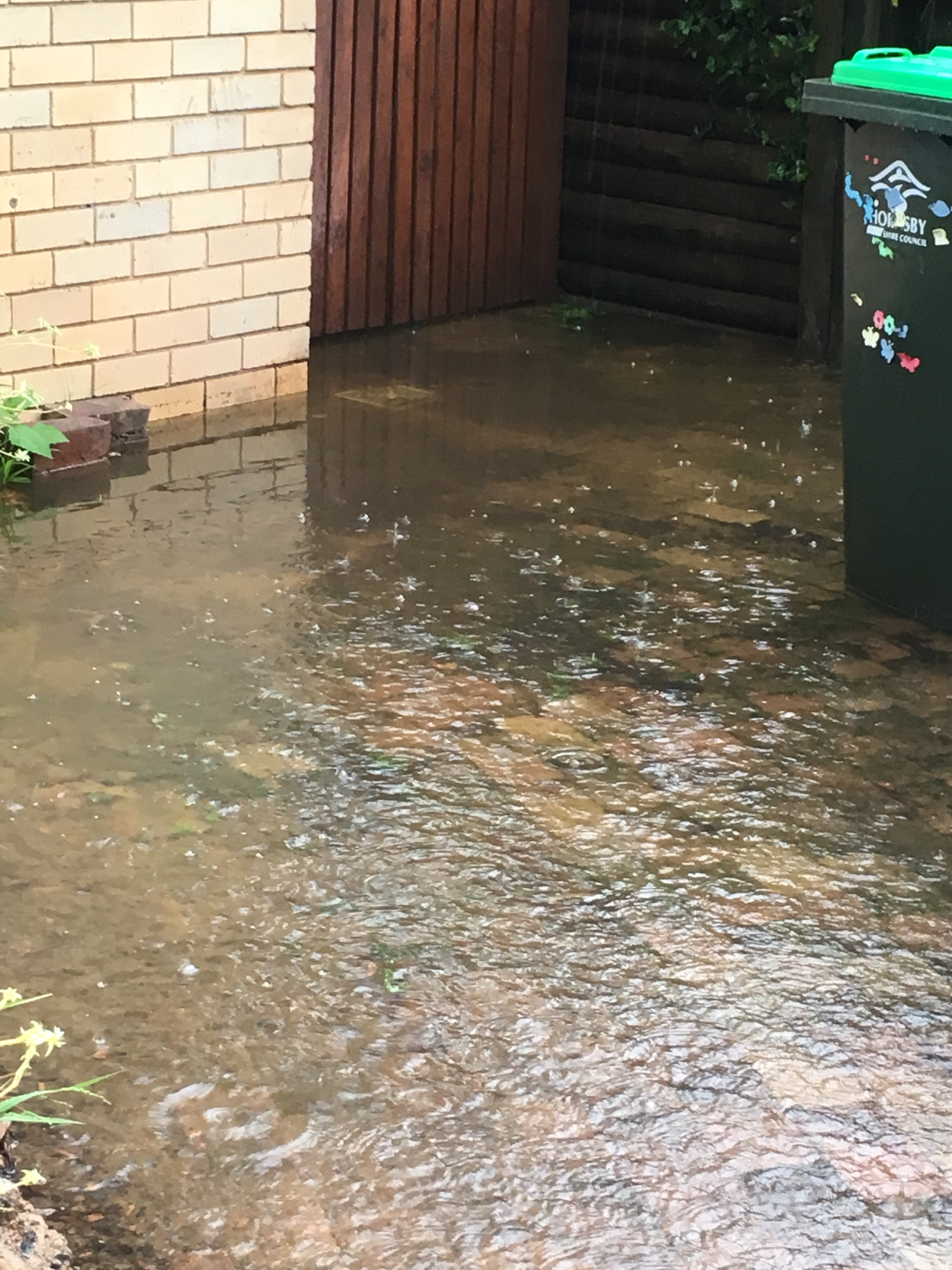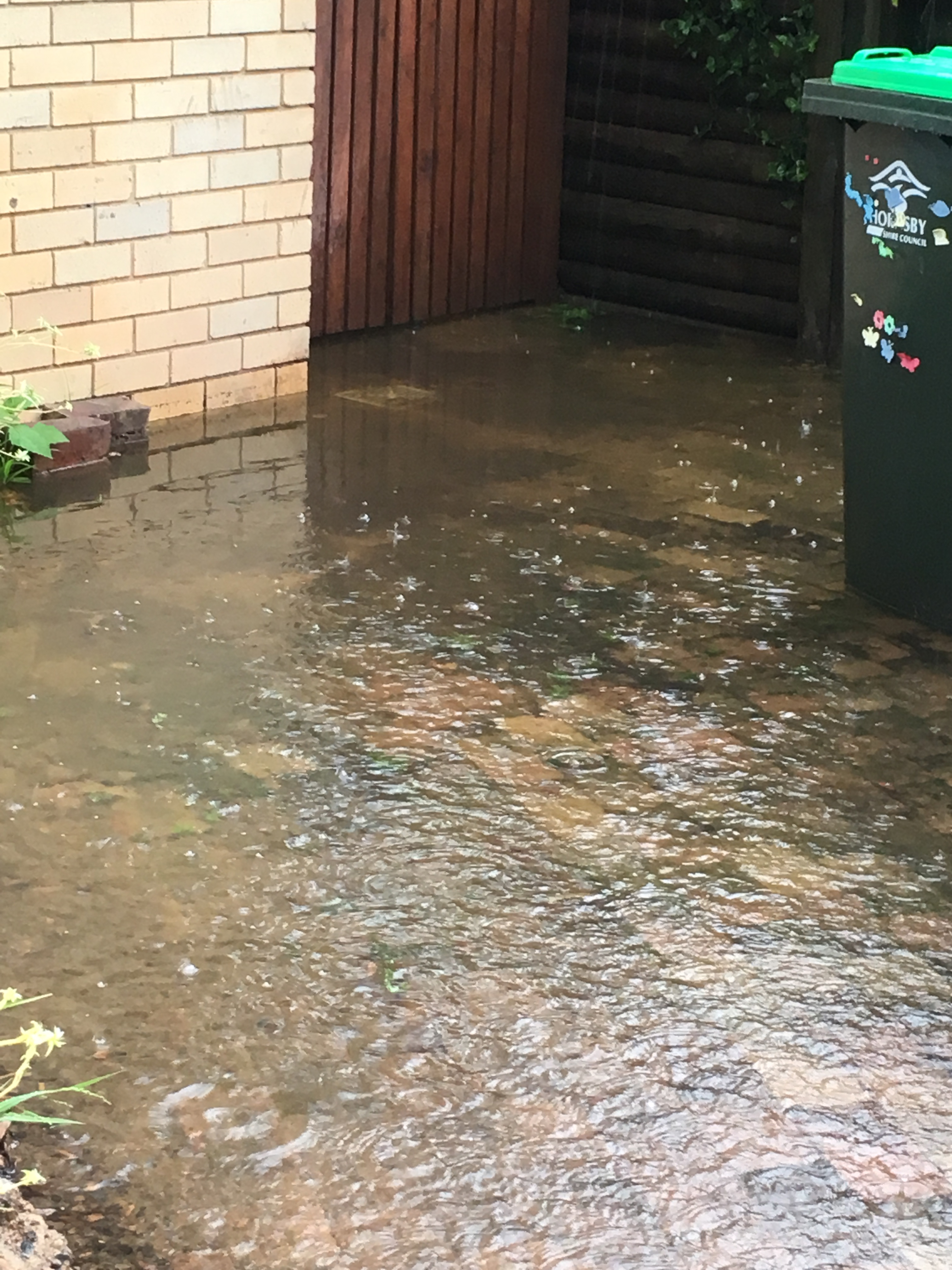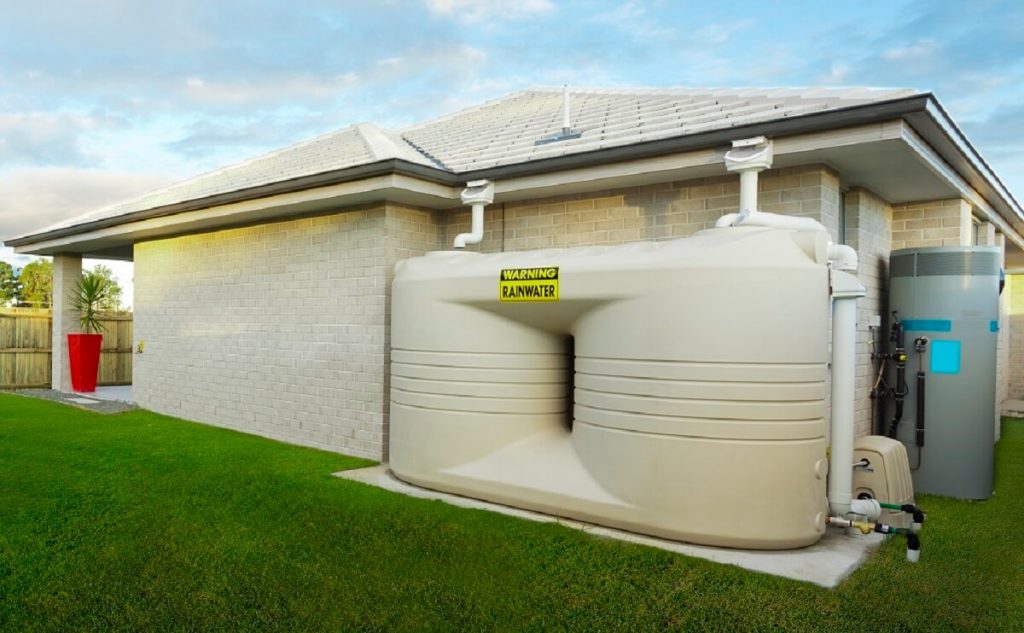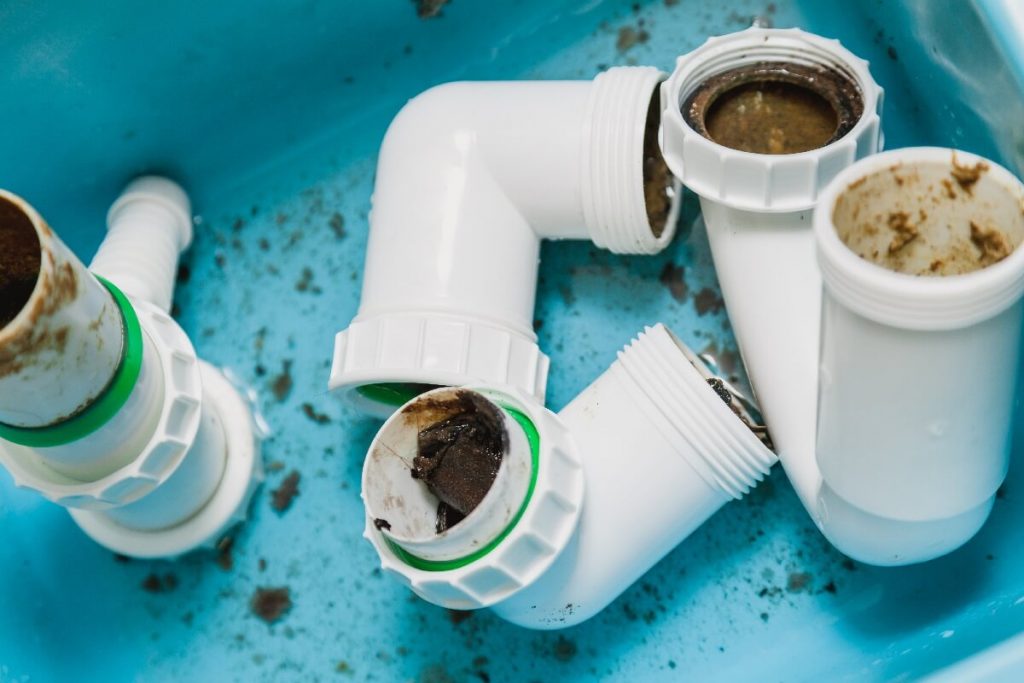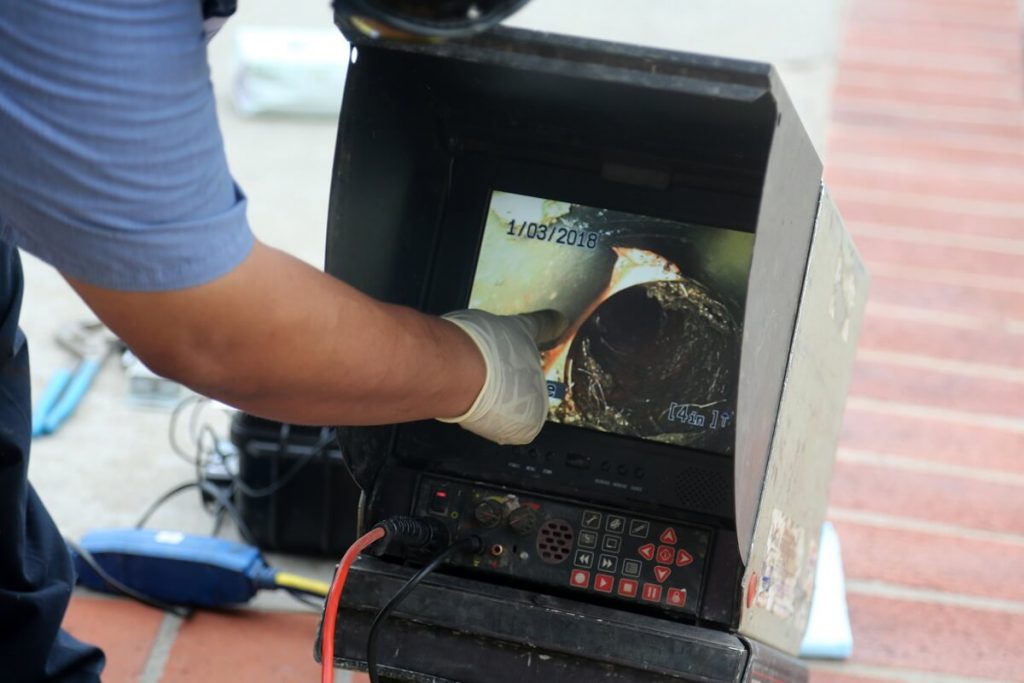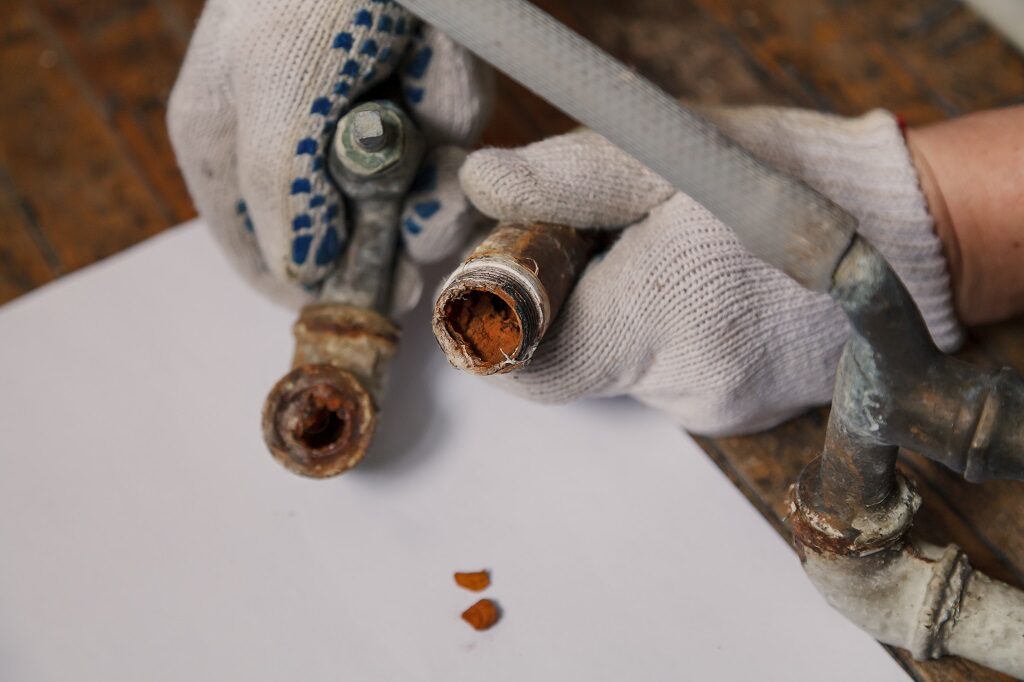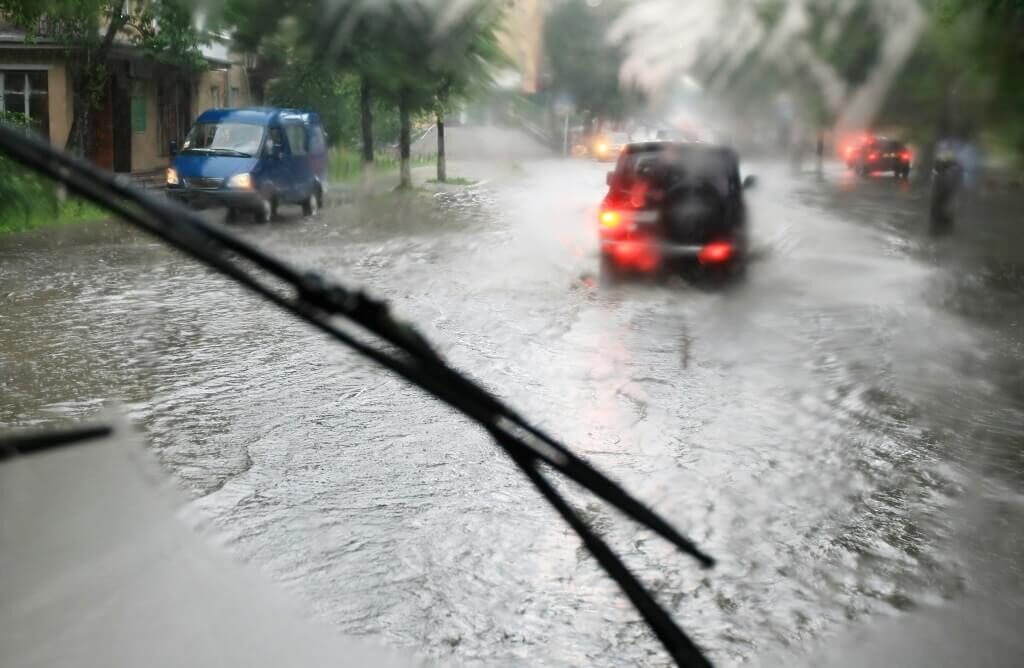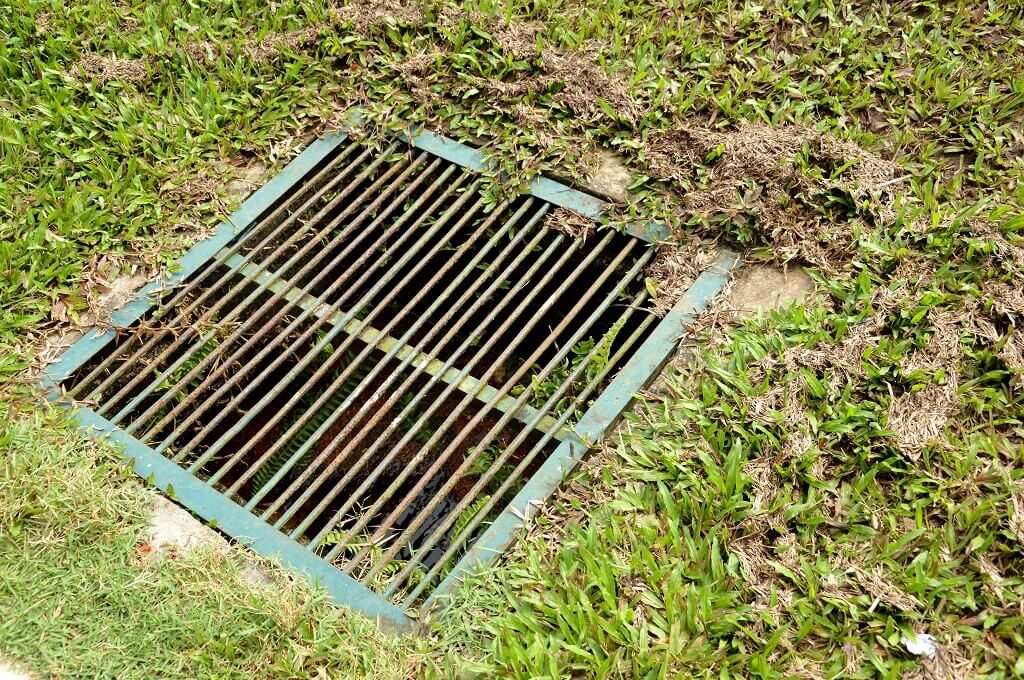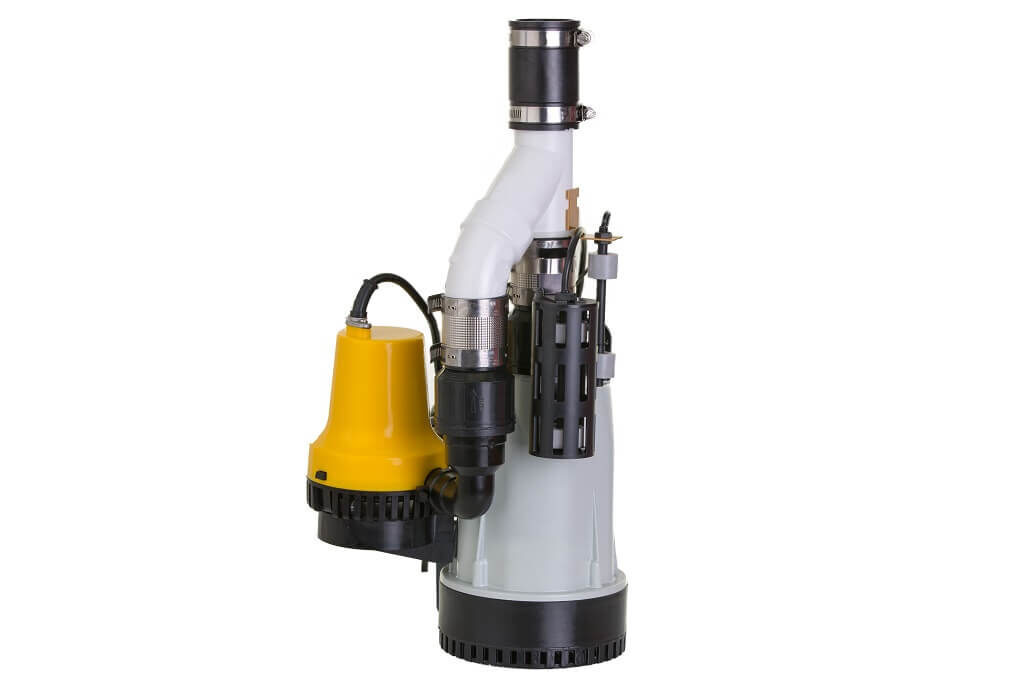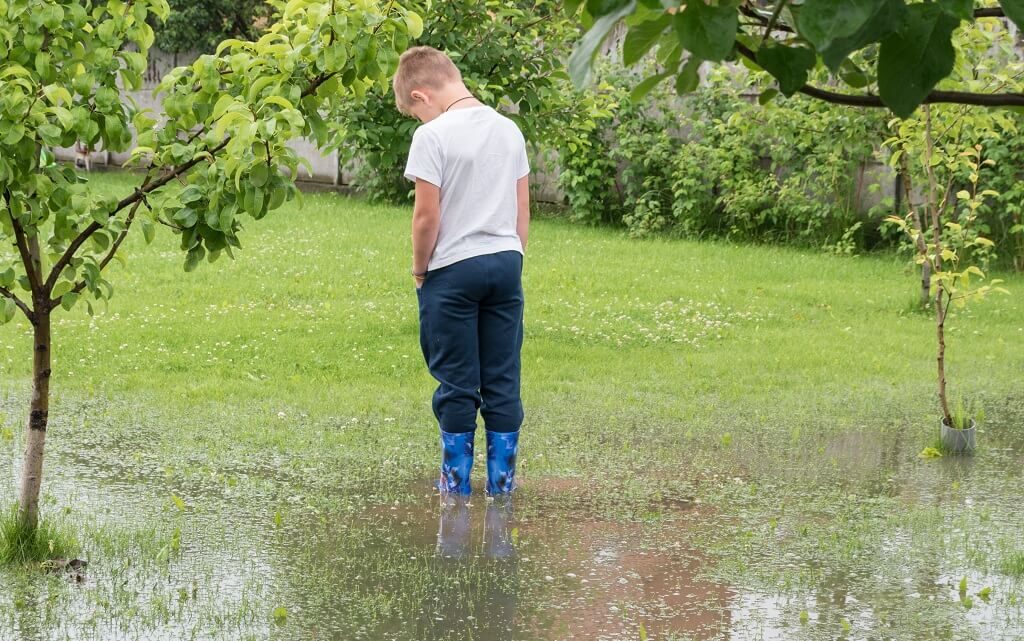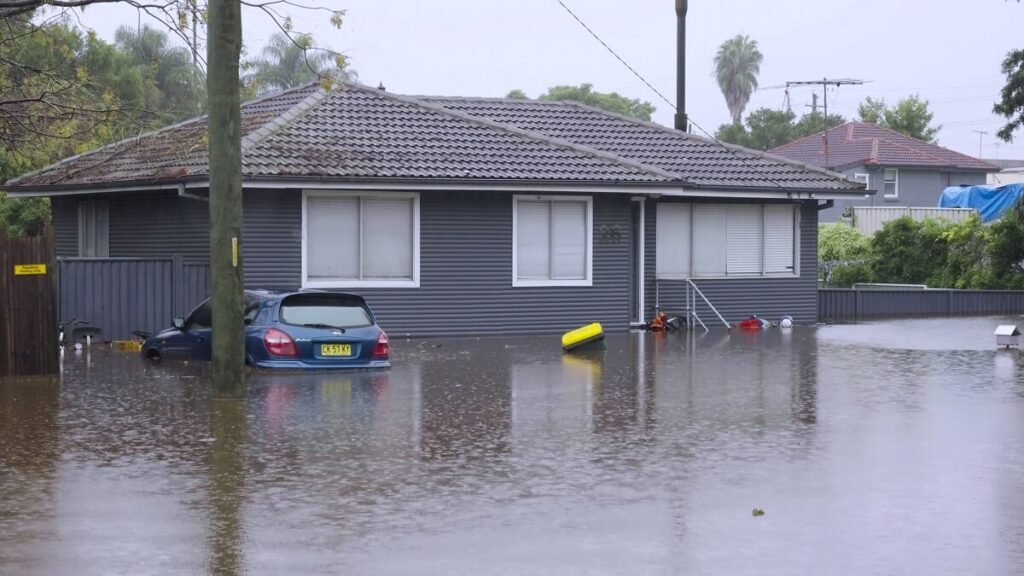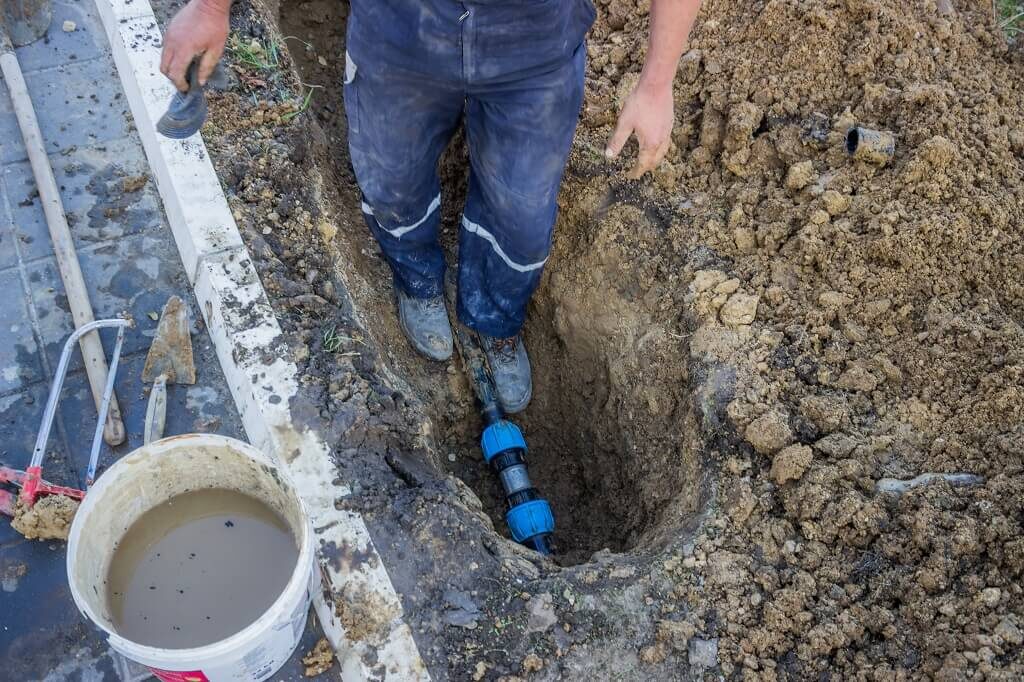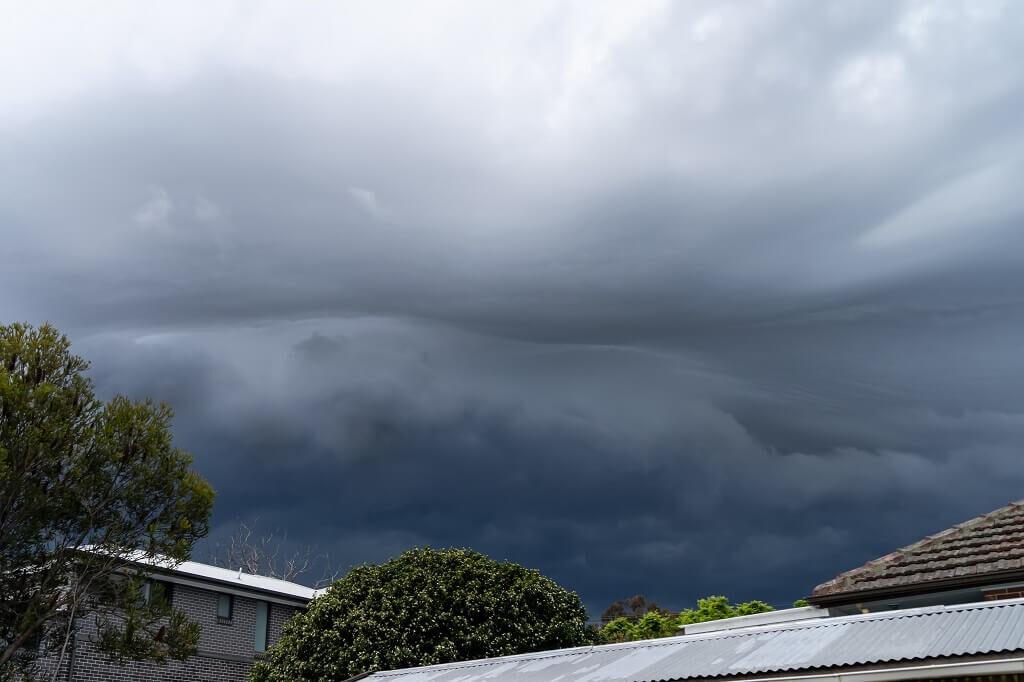Do Your Drains Need Unblocking?
If your storm water drain is blocked, you’ll be noticing water pooling around the backyard. If it’s been awhile since it rained and you know your drain is still blocked – brace yourself! The wet season is coming.
You need to thoroughly check household and storm water drains regularly to ensure they’re working properly and disposing of waste. If you’re willing and able, DIY can definitely get you up and running without having to wait for a plumber. If all the do-it-yourself methods have been exhausted, though, then don’t delay – call in the professionals.
Check out our great list of the best ways to clear your blocked drains – they’re sure to come in handy!
DIY unblocking
You’ll know your drains need to be unblocked if your sink is sluggish when you drain water. You may even notice an off smell in your kitchen. You could also empty a large amount of water, such as a bath tub, and see if a wet patch appears around an outside drain.
Cleaning a blocked drain can often be a huge headache, especially when you’re low on time or funds. Before you call Gladesville for a plumber, you could give these simple DIY methods a go!
- Natural methods. You could use boiling water if you know the block is due to soap or fat. Otherwise, natural enzymes are the next place to try. Try ½ cup salt, ½ cup bi-carb of soda, 1 cup vinegar and 1 cup hot water. This recipe is harmless for the environment, your pipes, your sink and you. It will, however, have little to no effect on severe blockages. Your local health food shop or chemist may stock a bacteria-based enzyme cleaner you can try.
- The Classic Plunger Method. It’s a classic for a reason – it works! A plunger forces air through the pipe to clear the clog. Before plunging you should cover the overflow with a damp cloth and ensure the drain is sealed. Then you can force the air out through the drain blockage. Et voila, your drain should be clear. Most DIY handymen swear by this method.
- Getting technical. You could always hire a drain auger, also known as a plumber’s snake or electric eel. This tool can unblock just about anything, including shifting tree roots away from your pipes. The downside to this method is that they require a fair amount of skill to properly operate, and can be dangerous if you don’t know what you’re doing.
- Chemistry.You could also try a number of harsh chemicals currently on the market made to clean drains – Drain-O is probably the most well-known product, but you could also use caustic soda or hydrochloric acid. Pour the substance down the affected drain and leave for 20 to 30 minutes or as per directions. Then, follow with cold water.
What about storm water drains?
Storm water drains are pipes that connect pipes from the roof to sumps in the garden, which then discharge water into the water table or kerb in the street. They most commonly block due to tree roots, dirt and silt lying in the pipes. It’s pretty hard to clear the pipes yourself, so you’ll want to call in a professional. When you do, you need to request that a high water pressure drainage machine be bought in. High water pressure drainage machine are the best drain cleaners and are perfect for this situation. They use high pressure water to remove dirt, leaves and silt from the storm water pipes. Any other conventional methods just aren’t as suitable.
Call us at Gladesville Plumbing on 9817 4777 or visit us online and book your expert plumber today!
Is your storm water drain blocked? Don’t wait for the wet season. Call Gladesville Plumbing today!
